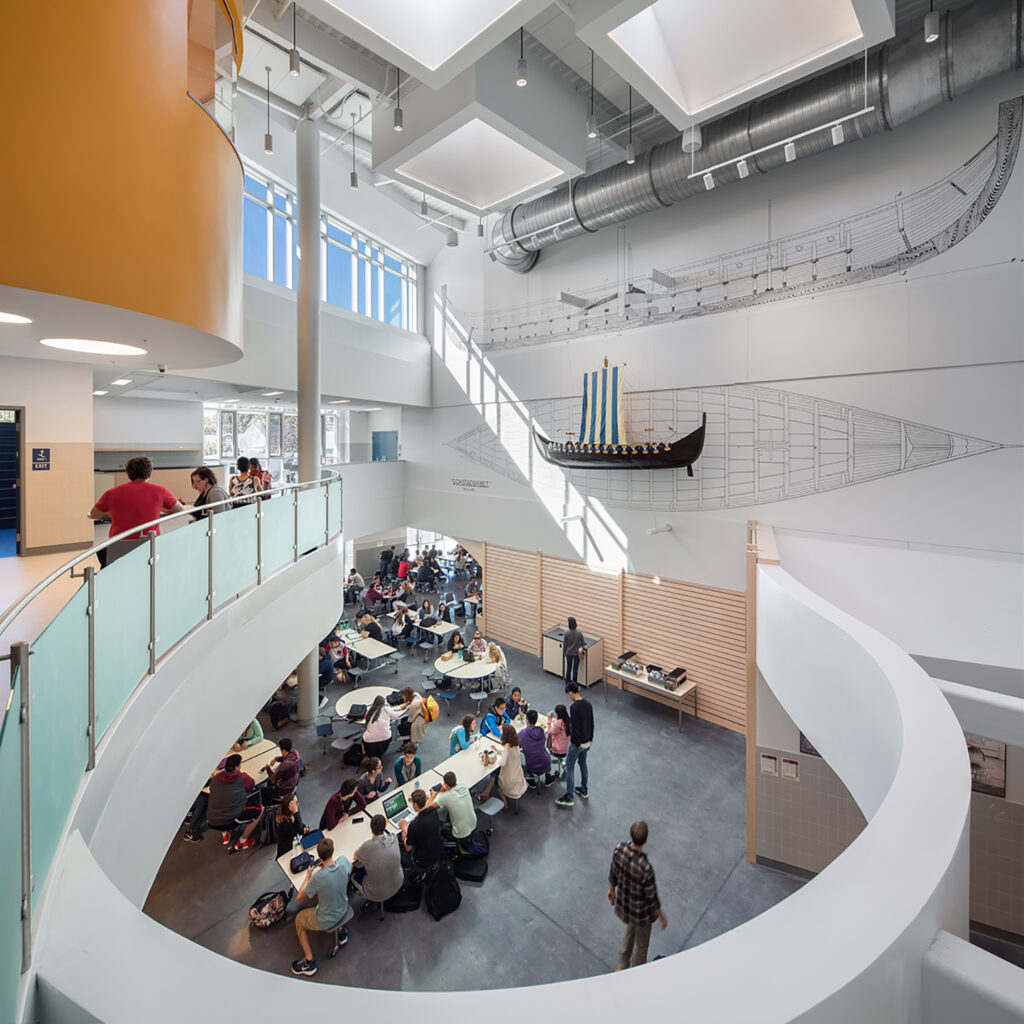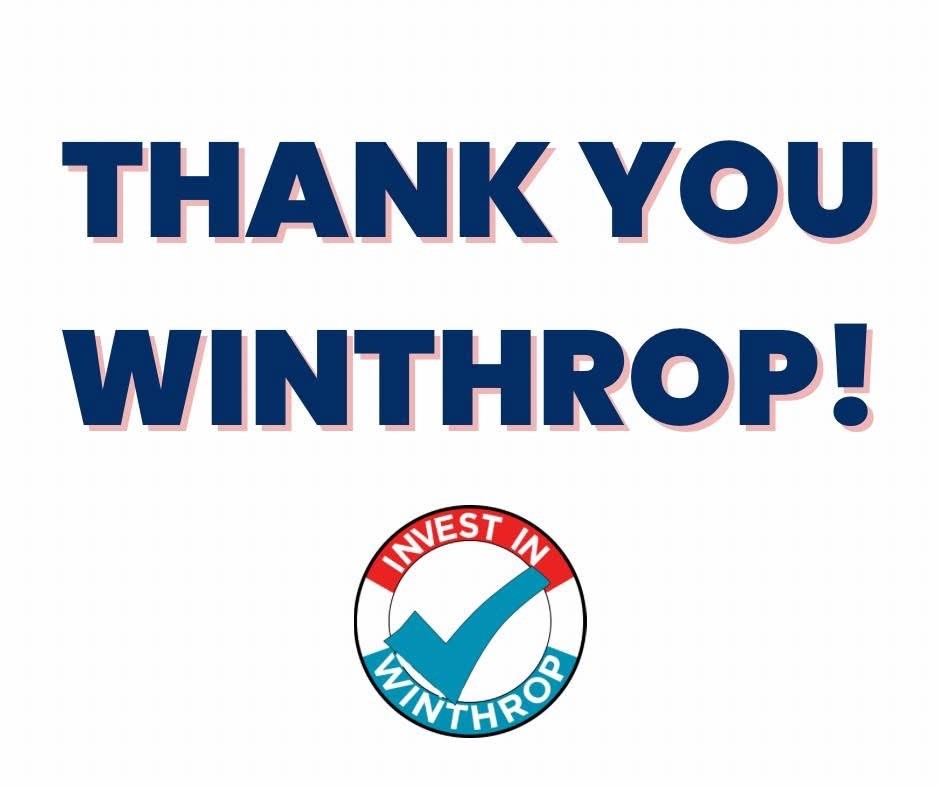
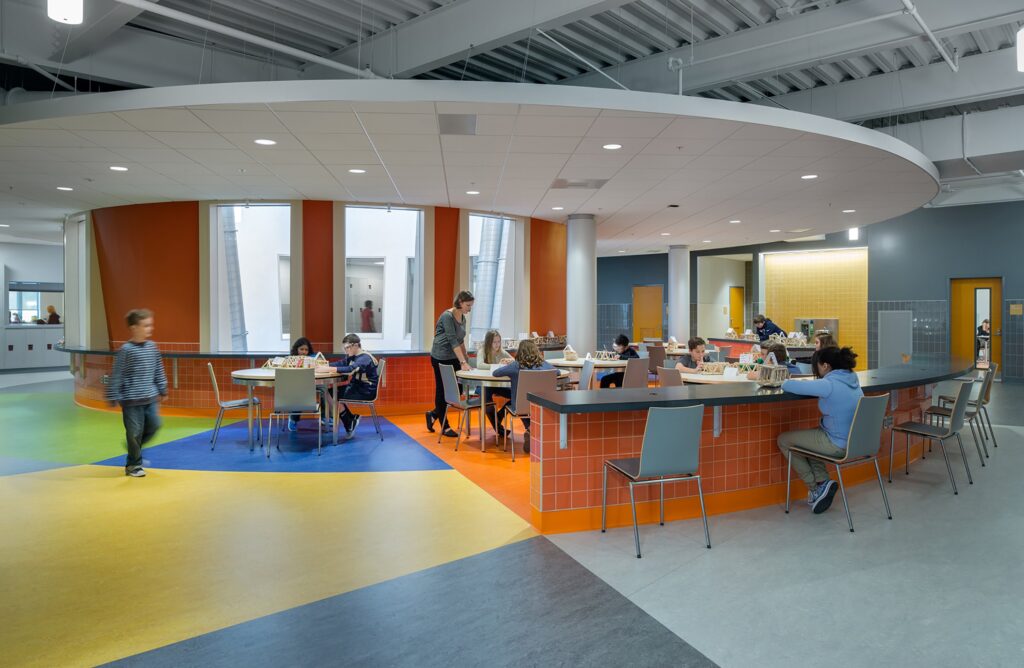
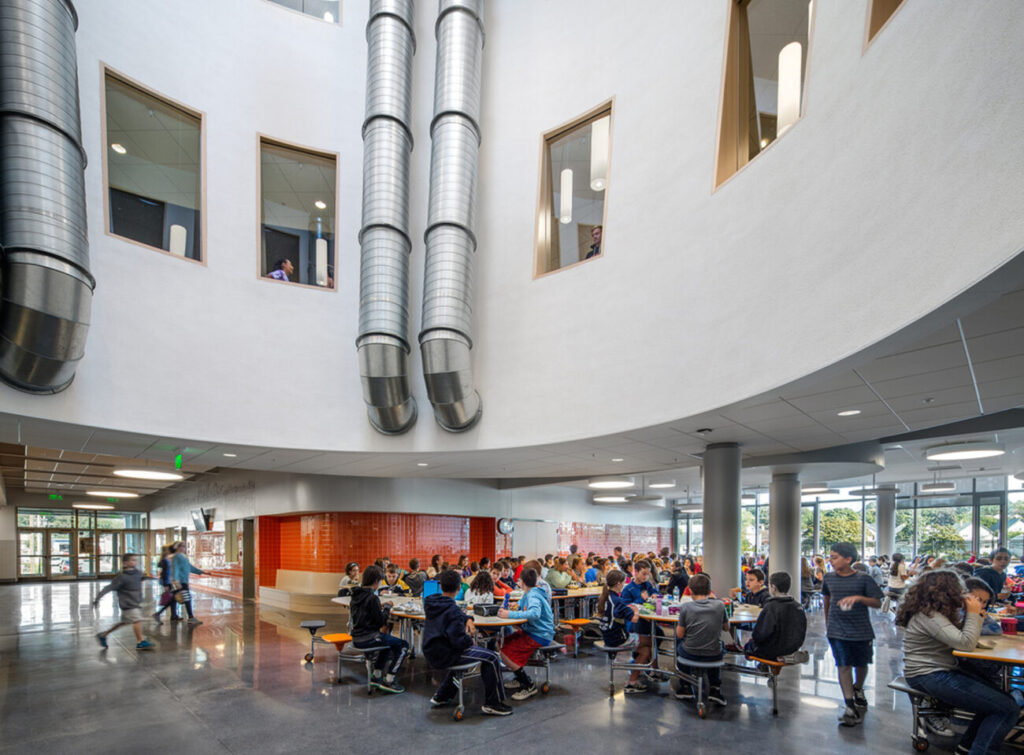
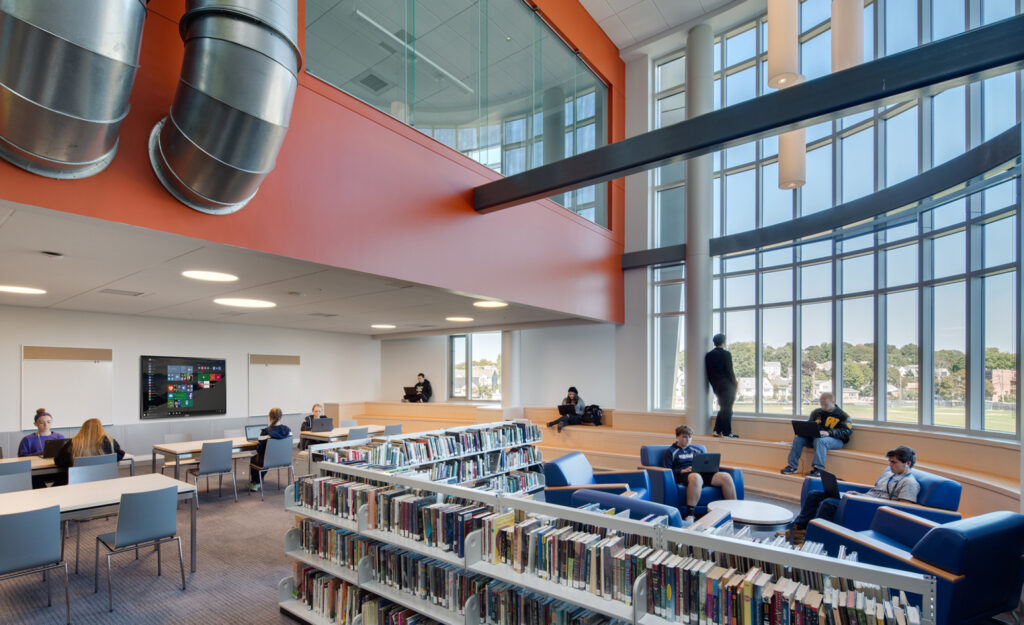
INVEST IN WINTHROP’S FUTURE
Our vision is to create an educational system that serves as a cornerstone of our community’s success and well-being. Every student deserves access to outstanding educational opportunities, carefully chosen resources, and a safe, nurturing learning environment. We want to be a model of inclusivity in education, inspiring lifelong learning and civic engagement. Through strong community support and strategic investment, we will cultivate a generation of well-rounded, empowered individuals prepared to thrive in a rapidly changing world.
